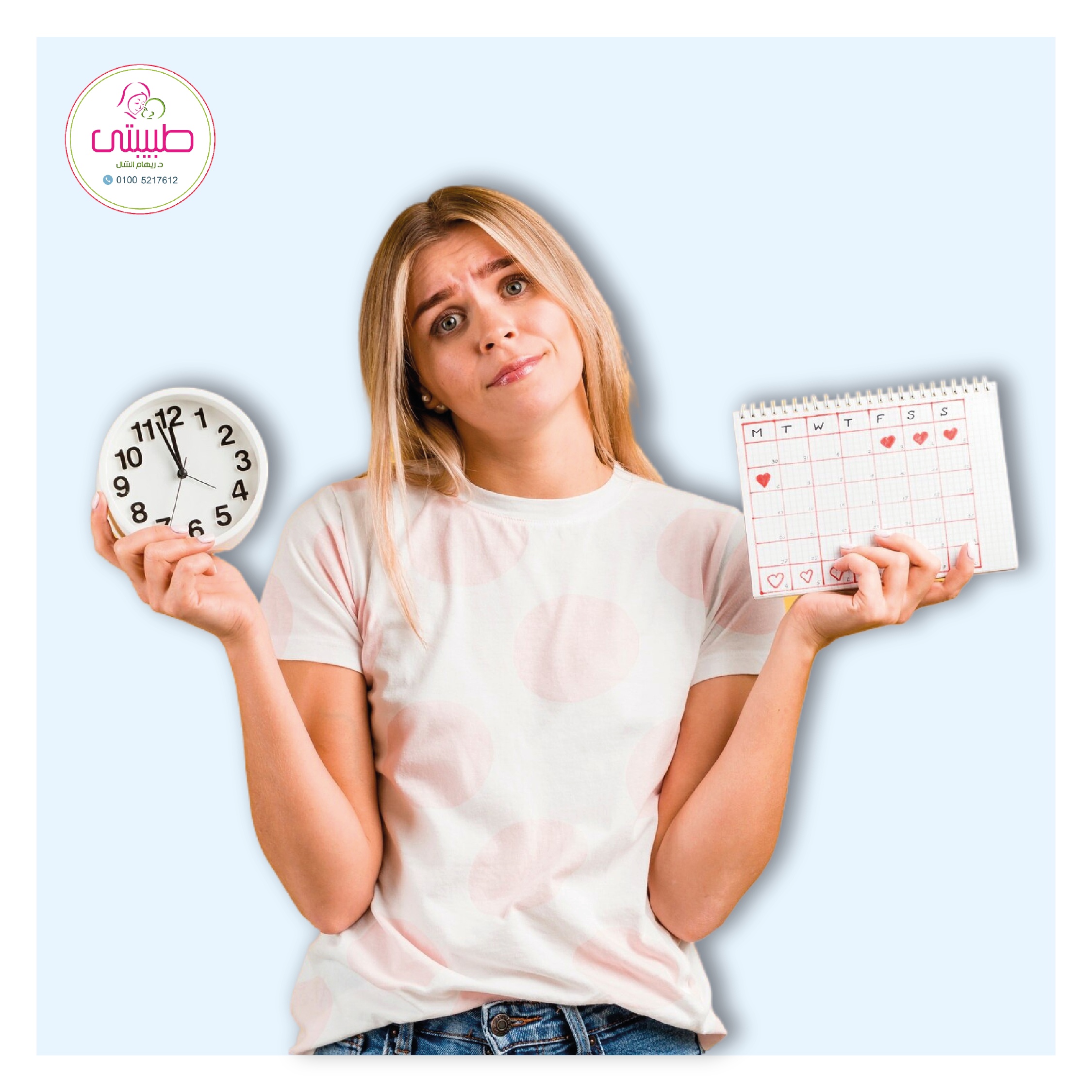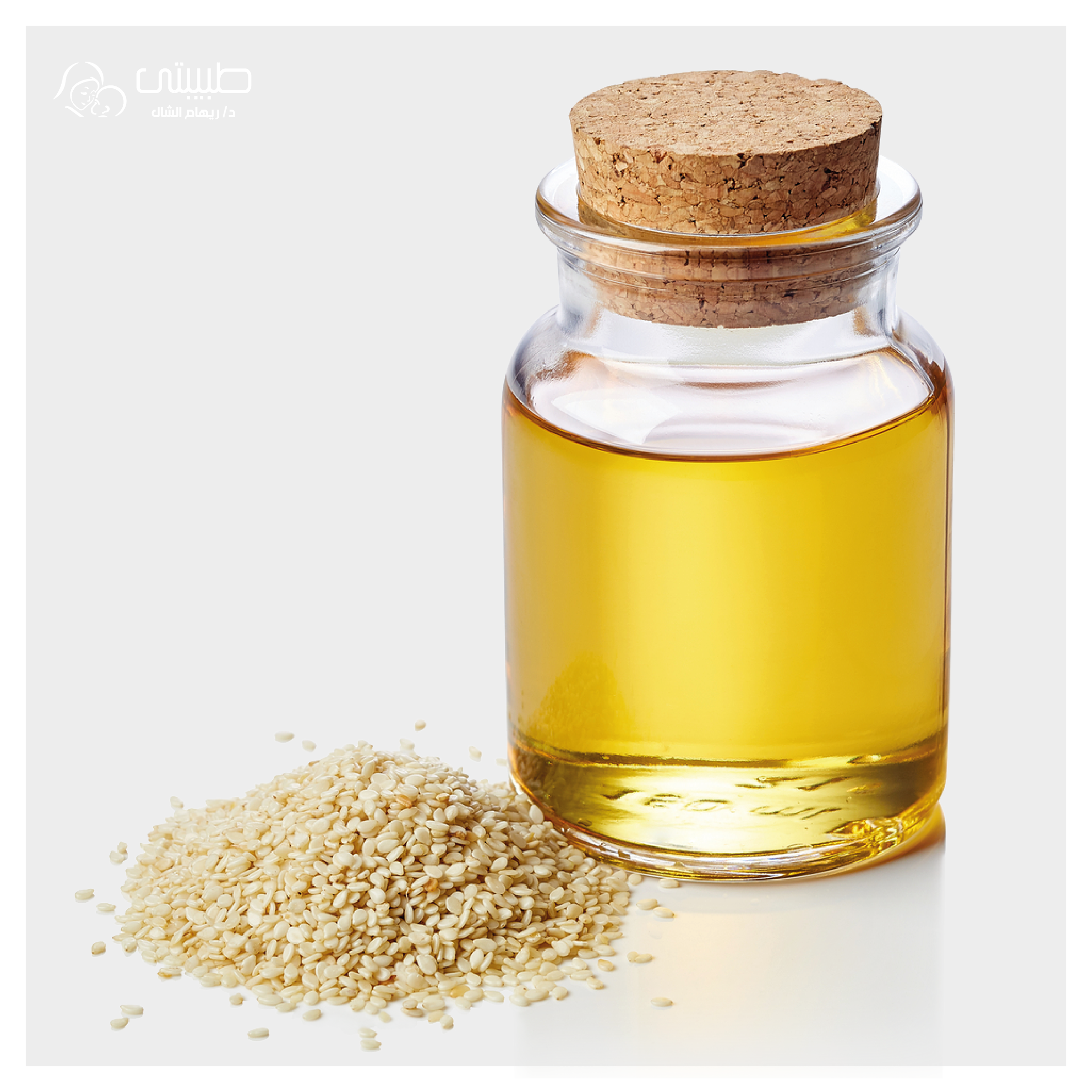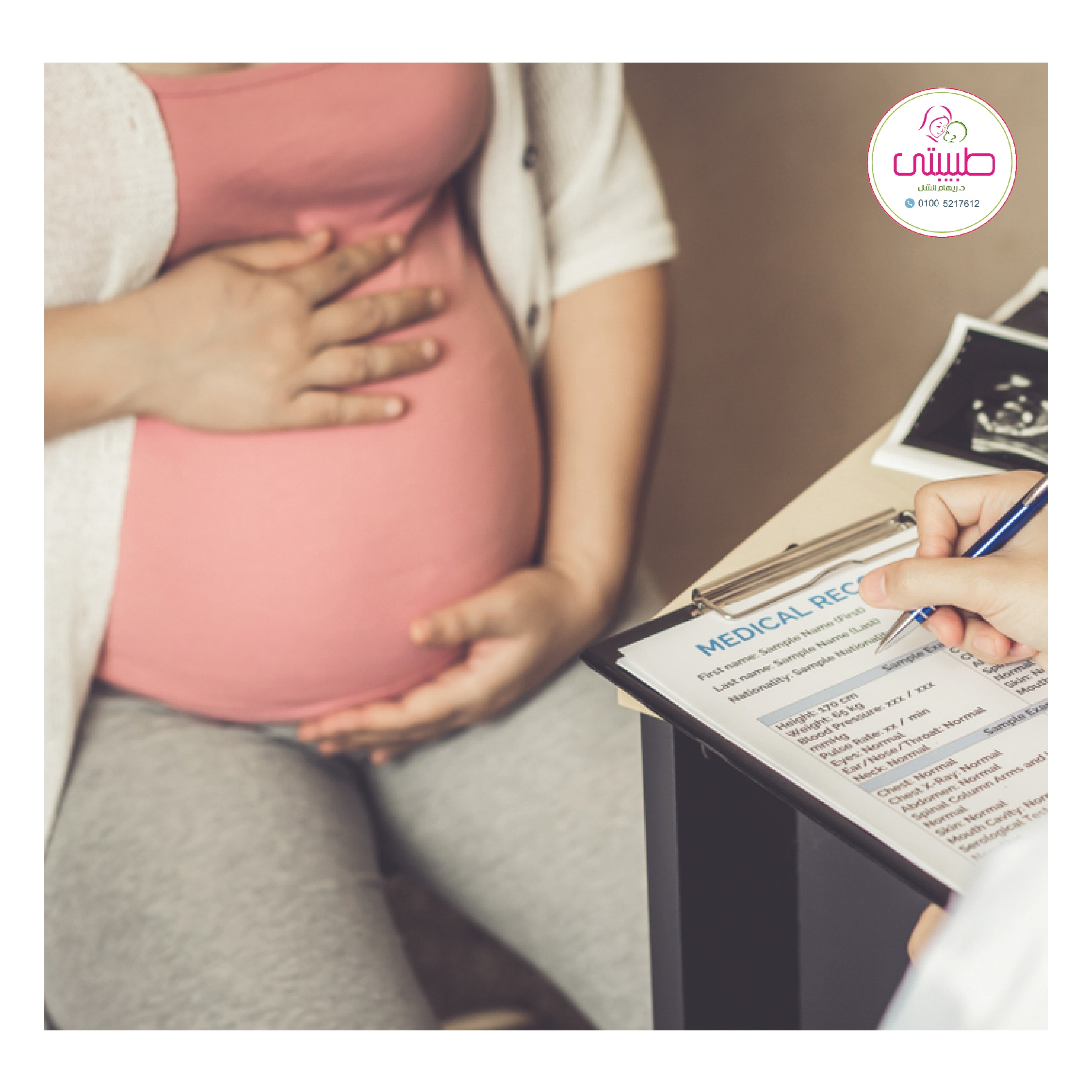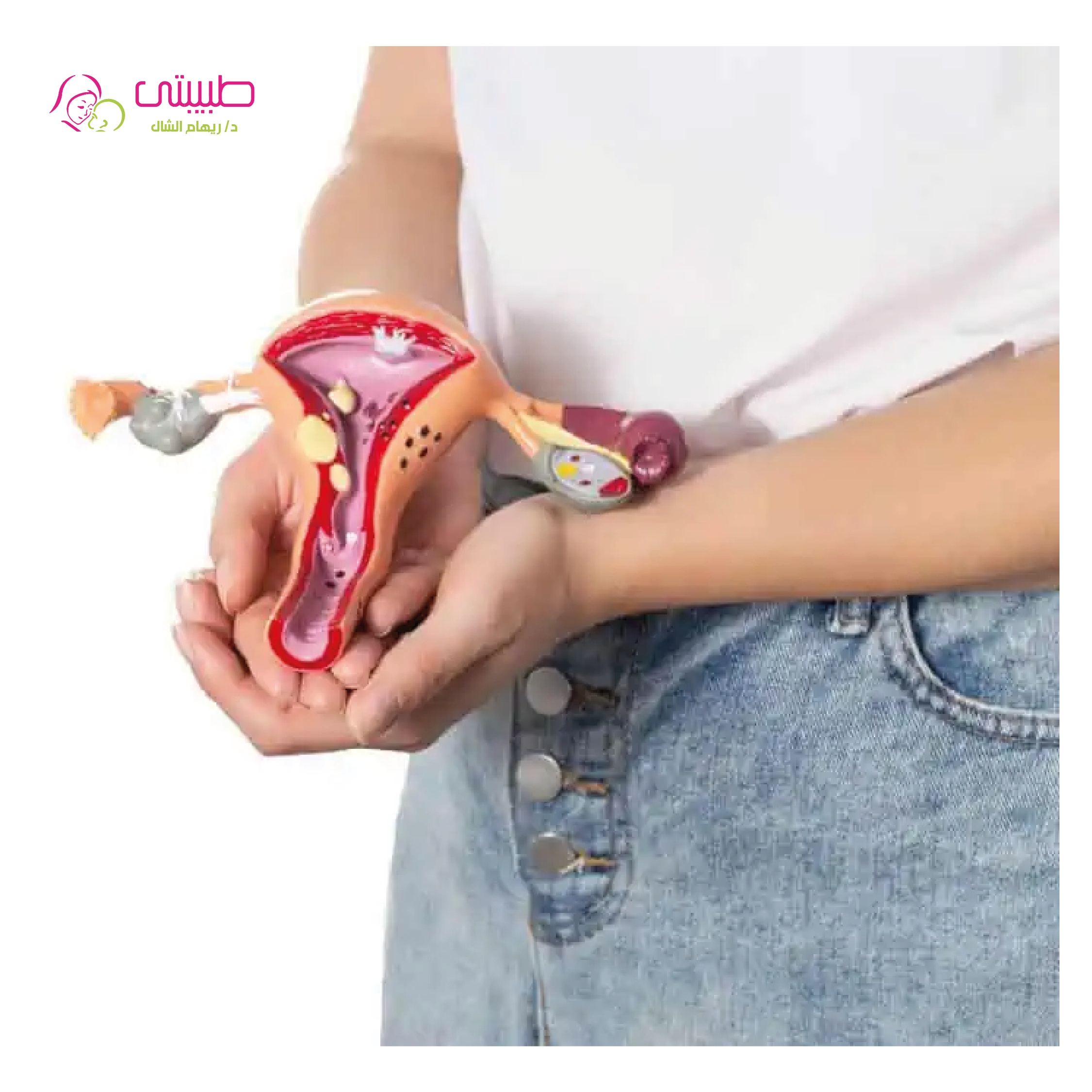خطأ في حساب أيام التبويض تسبب في تأخر الحمل لمدة 3 سنوات
النهاردة هنشارك معاكم قصة حقيقية، ممكن تكون شبه قصة حد منكم أو من قريباتكم أو صديقاتكم.
قصة بنت اتجوزت من حوالي 3 سنين، ومن أول 6 شهور جواز بدأت تتمنى وتدور على الحمل.
ومع كل شهر يعدي، كانت بتحاول بكل الطرق الطبيعية المعروفة، وتبحث عن الأسباب، وتقرأ وتسأل وتتابع فيديوهات ودروس عن التبويض وأيامه.
البداية… حماس ومحاولات
تروي دكتورة ريهام الشال اخصائي طب وجراحات النساء والتوليد والحقن المجهري وتأخر الإنجاب، هي بدأت زي كتير من البنات، سمعت إن الحمل مرتبط بأيام معينة في الشهر، واسمها “أيام التبويض”.
وقرأت إن أيام التبويض بتكون تقريبًا ما بين اليوم 12 لليوم 16 من بداية الدورة الشهرية، وده الرقم الشائع عند أغلب البنات والستات، خصوصًا لو الدورة منتظمة كل 28 يوم.
فبدأت تركز على الأيام دي بالذات، وتخطط للعلاقة الزوجية فيها علشان تكون فرص الحمل أعلى.
لكن للأسف، شهر ورا شهر، مفيش جديد، والحمل ماحصلش.
عدّت السنة الأولى، والسنة التانية بدأت تِحس بالقلق، وقررت تعمل فحوصات وتحاليل.
اتجهت لدكاترة، وعملت تقريبًا كل التحاليل اللي ممكن تتعمل، وتحاليل زوجها كمان اتعملت وكانت كويسة.
بس الحمل برضو ما حصلش، والمشكلة لسه مش واضحة.
الخطأ اللي استمر 3 سنوات
رغم كل اللي عملته، فضلت مقتنعة إن التبويض بيحصل في الأيام “المعروفة” من الدورة، من اليوم 12 لليوم 16.
وكانت دي الأيام اللي بتركز عليها كل شهر.
لكن لما جت لنا في العيادة، وبدأنا نتابع معاها التبويض بشكل دقيق، حصلت المفاجأة!
المفاجأة… تبويضها بيحصل بدري جدًا!
عن طريق المتابعة بالسونار، عرفنا إن التبويض عندها بيحصل تقريبًا في اليوم التاسع من الدورة!
يعني قبل الأيام اللي كانت بتركز فيها على العلاقة، وقبل الأيام “المتوقعة” بأكتر من 3 أو 4 أيام!
اللي حصل إنها كانت بتفتكر إن علاقتها المنتظمة في منتصف الدورة كفاية، لكنها كانت بتفوت فعليًا فرصة الحمل كل شهر، لأن التبويض كان بيحصل بدري، وهي مش مركزة عليه.
تخيلي 3 سنين من القلق والتعب والمصاريف والتحاليل، وكل ده علشان خطأ بسيط في حساب أيام التبويض!
الدرس المهم: التبويض مش ثابت عند كل البنات
لمشاهدة الفيديو من هنا: https://youtu.be/yJTJCIoCqzU?si=wXPxpJNkqbEO5e1D
ده اللي لازم كل بنت وكل ست تعرفه:
أيام التبويض مش واحدة عند الكل.
مش شرط يحصل في اليوم 14 أو 13 أو 16.
كل جسم ليه طبيعته، وكل دورة شهرية ليها حسابها.
وحتى الدكتور ما يقدرش يحدد بدقة أيام التبويض إلا من خلال متابعة التبويض بالسونار، واللي بنعمل فيها فحص على المبيضين والرحم ونقيس حجم البويضة ونشوف التوقيت الأدق.
وأوقات حتى في المتابعة بنقول للمريضة: “ممكن التبويض يحصل ما بين اليوم كذا لليوم كذا”، مش بنحدد يوم بعينه، إلا لو عملنا سونار يومي – وده مش بيحصل دايمًا في كل الحالات.
خلاصة القصة:
• معرفة أيام التبويض بدقة لازم تكون عن طريق متابعة طبية بالسونار.
• الاعتماد على الحساب التقليدي (اليوم 14 من الدورة) ممكن يكون مضلل لكثير من الحالات.
• كل واحدة لازم تعرف جسمها وطبيعته من خلال متابعة دقيقة.
• متابعة التبويض مش بس للأطباء، لكنها وسيلة لكل زوجة تتمنى الحمل إنها تفهم جسمها وتتفاعل معاه صح.
شاركي تجربتك… وافيدي غيرك
لو بتقري المقال ده، وكنتي في نفس الموقف أو عديتي بتجربة مشابهة، احكي لنا في التعليقات.
وممكن تكون كلمتك سبب إن واحدة تانية تعرف حاجة جديدة، وتكسب وقت بدل ما تضيع سنين في الطريق الغلط.
الدرس ده اتكتب بناءً على أسئلتكم اللي بعتوها لينا في التعليقات وعلى رسائل صفحة الفيسبوك، وهنفضل دايمًا نختار أسئلتكم المهمة ونحاول نجاوب عليها بدروس مفصلة وبلغة بسيطة.
ولو بتاعني من تأخر الإنجاب، جمعنا لك هنا كل الموضوعات الخاصة بتأخر الحمل في دورس مفصلة بمعلومات علمية موثقة ومرتبة، علشان نساعدك توصلي لحلم الأمومة اللي تستحقيه:
رسالة لكي من بطلات سبقوكي لتحقيق حلم أمومتهم – TBIBTY طبيبتي







